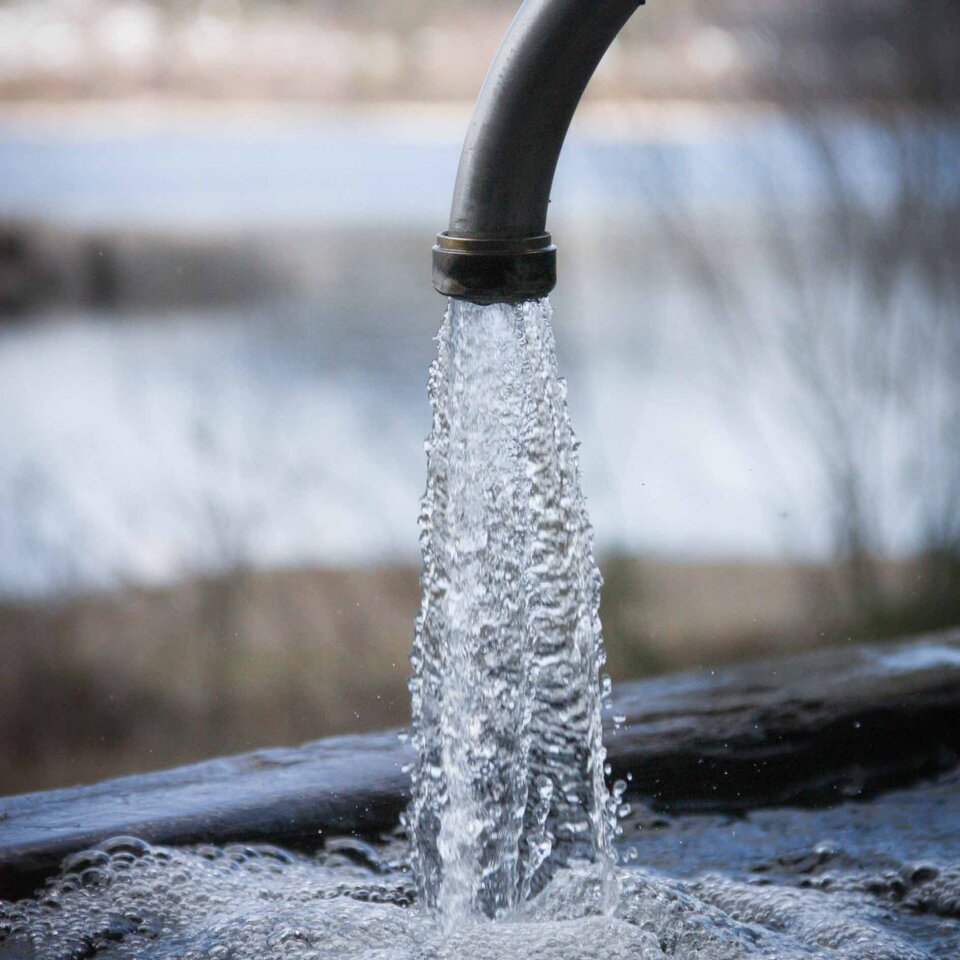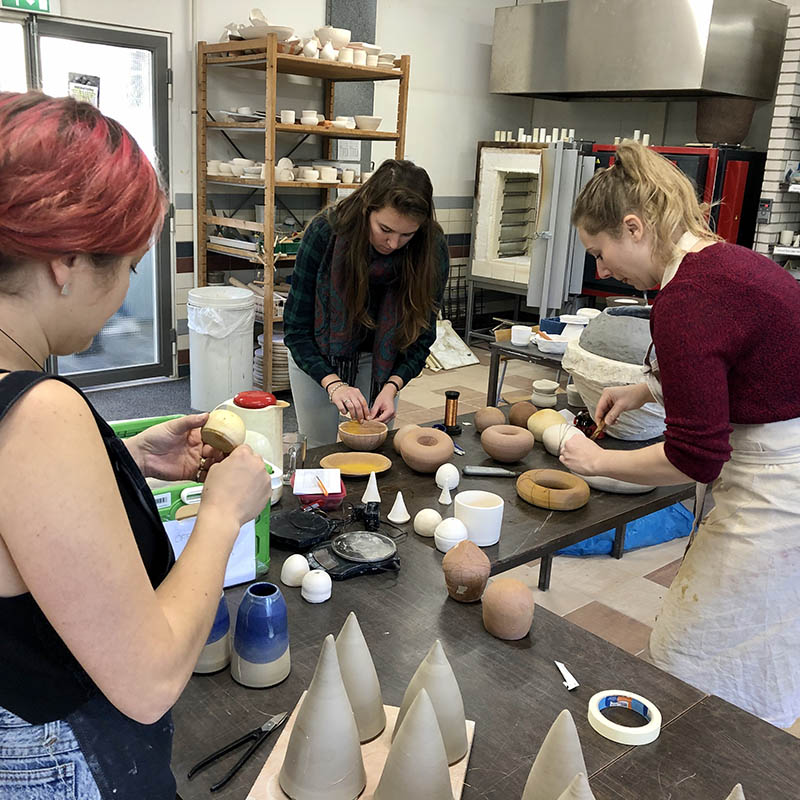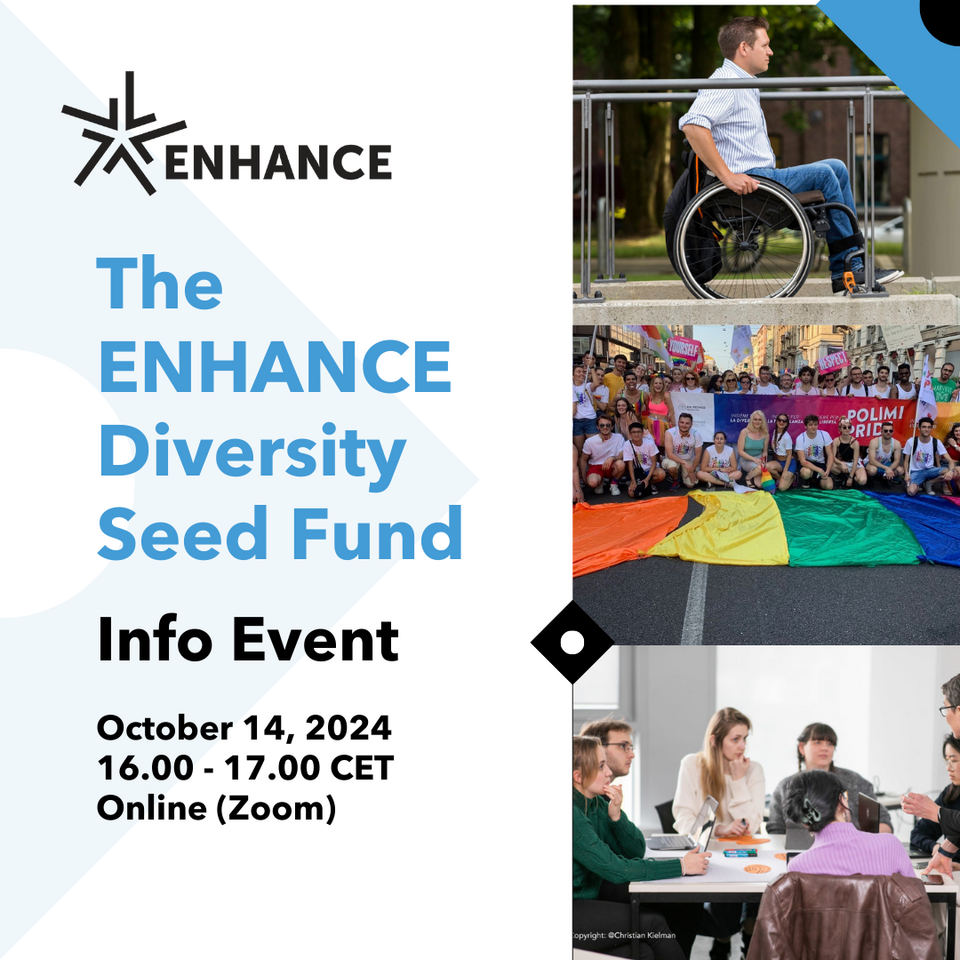How to get your research in the picture
How to get your research in the picture Do you have exciting news about your research, are you about to obtain a PhD on a subject with social urgency, or have your results been published? Have you won a prize, received a fund or do you get credit for your work in some other way? There are many reasons to want to publicize your achievements. But how do you go about it and what are the possibilities? On this page: Stories and Press Releases Your news on the website Your news in the newsletter Social Media help spreading your news External exposure via Stories and Press Releases News with social relevance, news that is in line with current affairs or in which many people and companies could be interested, can be professionally offered to all press contacts of the TU, or placed on the TU website with a lot of attention. With a press release the news is actively brought to the attention of the press and people and companies (with an interest) in the sector. Suitable for News with social relevance, news that is relevant to current affairs or news that many people and companies could be interested in. Advantage It generates a lot of attention for the subject with the possibility of it being adopted by the press. This news will always be posted on the websites of TU Delft, ChemE and other departments and faculties involved. Disadvantage There is more involved in making news reports like this. It takes time and therefore the 'freshness' of the news is an important part of the decision. How it works Colleagues from the Science Communication department review the news, discuss it with the scientist and write the article. For this form of spreading news, it can be important that you bring it up in time. Preferably before the topic takes place, although this is not always possible. Send an e-mail to Leonie de Kluijs with a short explanation of the subject and the statement that you think this news is suitable for a press release or a story. It will then be presented to the science writer in question, after which he or she will involve you in the creation of the message. What did it bring others? "The press release of premature babies attracted media attention and was featured in the podcast of Wetenschap Vandaag from BNR as well as ICT Health , Maakindustrie news , and the TechTalk-pagina section in Stadskrant Delft. The press release opened up networking opportunities to industrial and medical partners, who directly emailed me their interest in learning more about the device and exploration of future opportunities. I am in close collaboration with one of such partners in Erasmus MC, with whom we’ve starting to write proposals together." Alina Rwei “We published a paper on CO 2 capture from seawater, and I inquired at the communication officer what would be a good strategy to give some public attention to our work. It became a press release, and that was a bullseye: the news came at the right moment to be picked up by several media, and we had news items on CO 2 capture in De Volkskrant, De Ingenieur, C2W, Financieel Dagblad and several websites. These publications also gained internal attention for the topic, and motivated ourselves to intensify this research, and several new proposals are now considered.” David Vermaas Your news on the website The website has a page dedicated to news and events. The two most recent news items and events are visible through small messages on the homepage. Suitable for News that is still in the future, but also news that took place recently, as long as it is still relevant. Advantage Public, visible for every visitor of the website Possibility to share the message with homepages of involved departments/faculties Can be combined with newsletter and social media Disadvantage If you do not use additional possibilities, only visitors to the homepage and the news page will see this news. How it works Send an email to Leonie de Kluijs with a short description of the news. A news item can generally be prepared and posted on short notice. News, questions or ideas? Contact Leonie de Kluijs Communication Officer ChemE Social media help spreading your news Many people have their own accounts on social media platforms. ChemE has a Twitter account. News that may be of interest to others, can be shared here. A topic can be shared a lot and thus come to the attention of a large number of people, also outside the collegial circle. The larger the network, the wider the sharing. Your news in the newsletter The ChemE newsletter is published every two months and is sent to all people who, according to the TU HR, have information on the Chemical Engineering department. It is also sent to the Marketing & Communication Department of TNW and to the Dean. So it is a so-called internal newsletter. Suitable for All messages that are placed on the news page of the website, but also for other news suitable for colleagues, such as introductions of new employees and stories of new or departing colleagues. Not all news items in the newsletter will be visible on the website. However, they can be copied on social media. Advantage An easy and quick way to inform colleagues of your news. News on the website gets more attention because it appears in the inbox of many people. Easy to share via social media. Disadvantage The distribution is basically internal. How it works Some time before the next newsletter comes out, a request for topics is sent out. The responses usually fill the newsletter. You can also contact proactively by sending an e-mail with a short description of the news.








